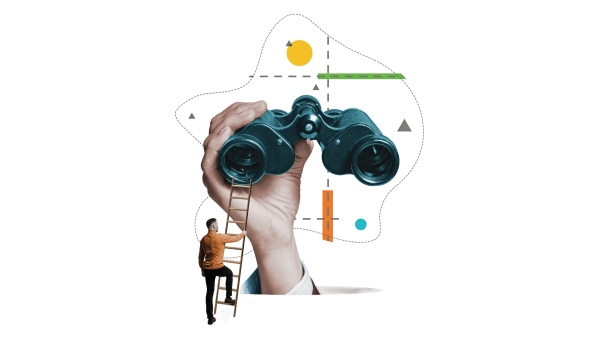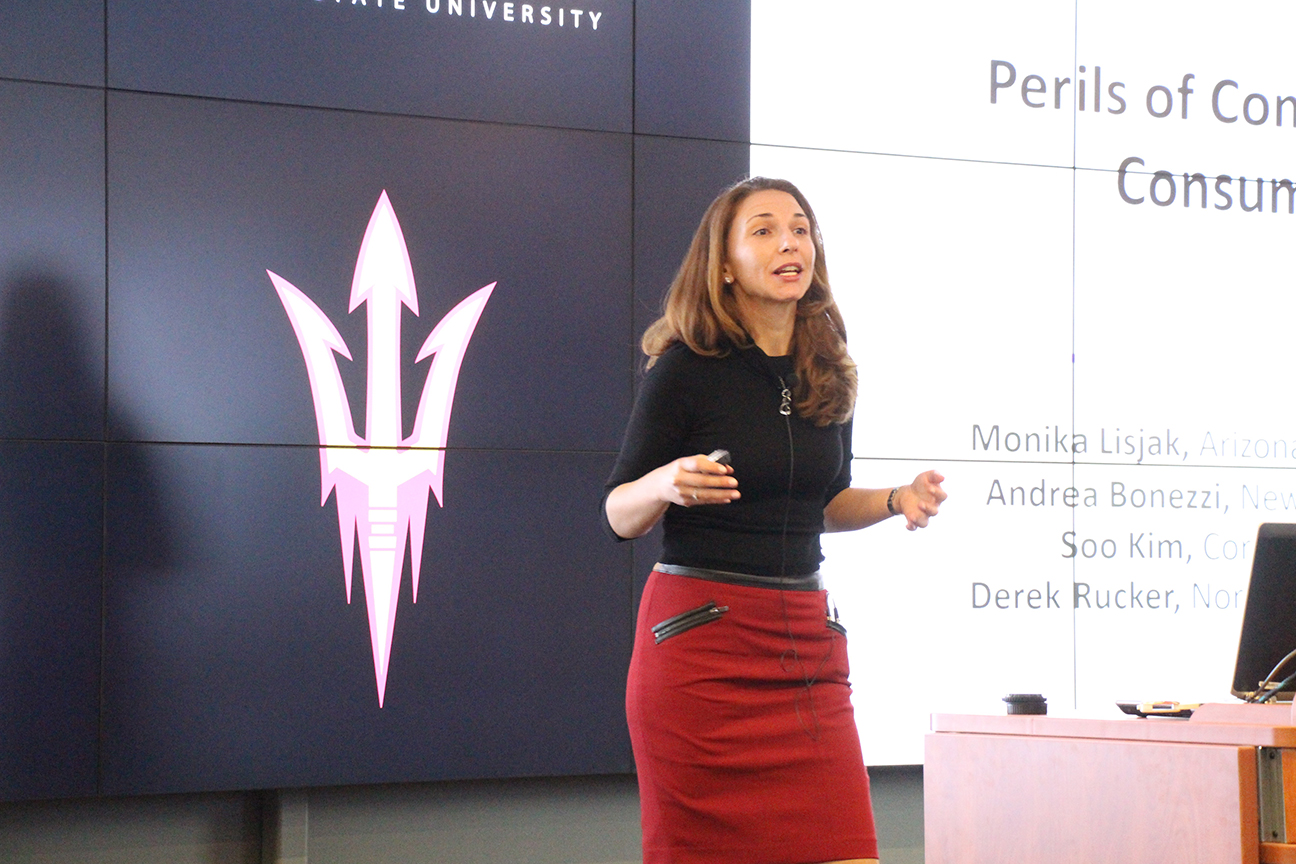When 'retail therapy' makes you feel worse
ASU professor studies whether shopping helps after a setback

If you just flubbed a big work project, you might be feeling down on yourself. Maybe you’ll head to the mall to indulge in a little retail therapy.
Buying products is a common way to make yourself feel better, with half of all Americans reporting that they do it.
But what kind of purchase will make you feel better? A new pair of shoes or a book that describes how to do that project the right way?
New research by an Arizona State University professor Monika Lisjak has found that buying something that reminds you of your setback can make you feel worse.
Lisjak, an assistant professor of marketing in the W. P. Carey School of Business, studied several hundred university students and the article appeared recently in the Journal of Consumer ResearchLisjak's Her co-authors were Andrea Bonezzi, New York University; Soo Kim, Cornell University, and Derek Rucker, Northwestern University..
“What we know from a lot of research is that people do engage in ‘compensatory consumption,’ which is often referred to as ‘retail therapy.’ "
It happens when people feel discomfort because they see a discrepancy between how competent they are and how competent they wish to be.
"One thing consumers do is buy products to try to repair our feelings," she said.
Buying something to improve your competence is called “within-domain compensation,” and it can backfire, she said.
Monika Lisjak studied whether compensatory consumption helped with discomfort. Photo by Cathy Chlarson/W. P. Carey School of Business
“They end up dwelling on their problems,” Lisjak said.
So if you go shopping to feel better and buy a book on how to create a perfect project, it could just remind you over and over of how poorly you did.
That rumination can drain energy, and Lisjak's study found that people in that state were more likely to have low self-control (expressed by eating M&M candies) and were less likely to do well on tasks (solving math problems).
Lisjak said the results could have implications for marketing, with companies being encouraged to sell products that are “across domain” to take consumers’ minds off their setbacks.
In other words, buy the shoes.
More Business and entrepreneurship

Hispanic Business Students Association marks half a century of impact, growth
When Michelle Macias, a native of Yuma, Arizona, became a business entrepreneurship and management student at Arizona State University in 2020, she was three hours away from home and stuck in her…

5 easy ways to improve your focus
Editor's note: This story originally appeared in the summer 2024 issue of ASU Thrive magazine. Do goldfish really have a longer attention span than the average person? No, thankfully, data busted…

Honoring homegrown leadership
When Phoenix native David Jackson was a finance student at Arizona State University’s West Valley campus, he gave separate presentations on two of the country’s largest trucking companies. Little did…
